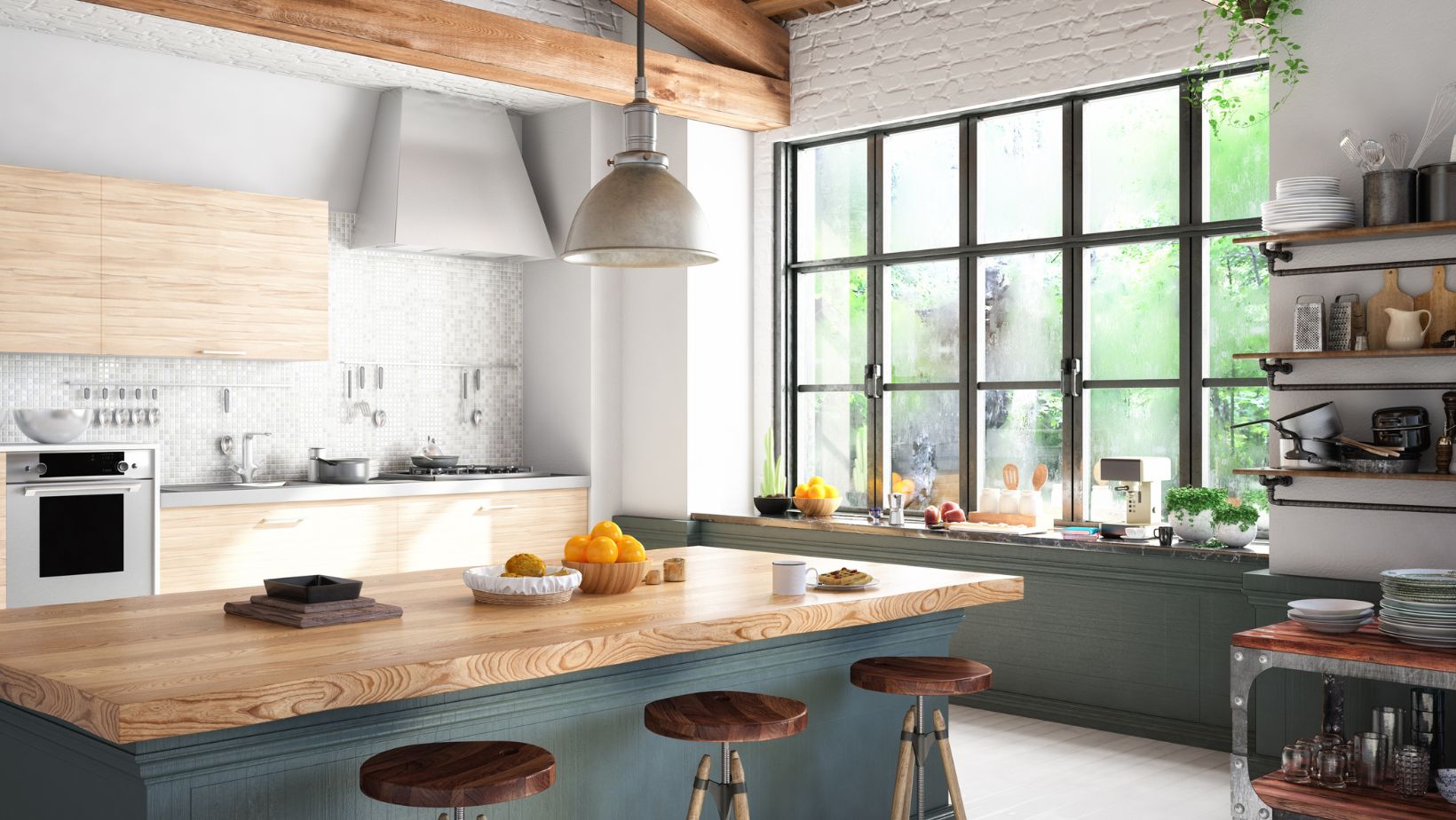
Although the kitchen is the heart of your home, it can also be a significant source of energy consumption and waste. Fortunately, you only need to make a few mindful changes to transform your kitchen into an eco-friendly and efficient space.
Here are four practical ways to make your kitchen greener and more sustainable.
Invest in Energy-Efficient Appliances
Investing in energy-efficient appliances is one of the most effective ways to make your kitchen eco-friendly. Modern appliances, such as refrigerators, ovens, and dishwashers, have energy ratings that indicate how much power they consume.
Get appliances with an Energy Star rating; this shows that they meet strict energy efficiency guidelines set by the US Environmental Protection Agency. These appliances use less electricity, which reduces your household’s energy consumption and lowers your utility bills.
For example, an Energy Star-rated refrigerator uses about 15% less energy than non-rated models. Over time, this can result in substantial savings and a minor environmental impact.
Embrace Meal Planning and Pre-Portioned Ingredient Services
Meal planning helps reduce food waste and can make your kitchen more efficient; after all, when you meal prep, you can create a shopping list that only includes the necessary ingredients, thereby minimizing impulse purchases and food waste.
Pre-portioned ingredients and meal delivery services, such as Green Chef’s keto meal kit, are a great way to eliminate the guesswork in meal planning. These services provide all the ingredients you need in the required amounts, thus reducing the chances of overbuying and wasting food.
Many of these services use organic, sustainably sourced ingredients that reduce your environmental impact. With Green Chef, for example, you can enjoy keto meals at your doorstep, which makes it easier than ever to maintain a healthy and eco-friendly lifestyle.
Choose Sustainable Materials for Kitchen Renovations
If you’re considering a kitchen renovation, opt for sustainable materials. Since traditional building materials, from resource extraction to transportation, often have a high environmental cost, look for recycled, reclaimed, or sustainably sourced materials.
Consider materials like recycled glass, bamboo, or reclaimed wood for countertops. These options reduce the demand for virgin materials while giving your kitchen a unique and stylish touch.
Adopt Smart Storage Solutions to Reduce Food Waste
Food waste from our homes is a significant contributor to greenhouse gas emissions.

Decomposed foods in landfills produce methane, a potent greenhouse gas. To combat this, implement intelligent storage solutions that help you keep track of your food and reduce waste.
Focus on organizing and maximizing your pantry and refrigerator to ensure you use older items first. Clear containers can help you see what you have on hand and keep you from buying duplicates or letting items expire before you use them. Additionally, consider labeling shelves and bins with expiration dates or categories to make meal planning easier.
Another great tip is to use stackable storage containers to maximize space in your refrigerator and freezer. This way, you can store more food and keep it fresh for extended periods, which can help reduce the likelihood of spoilage.
Conclusion
Creating an eco-friendly and efficient kitchen doesn’t require a complete overhaul. Making small, intentional changes can significantly reduce your kitchen’s environmental impact.












